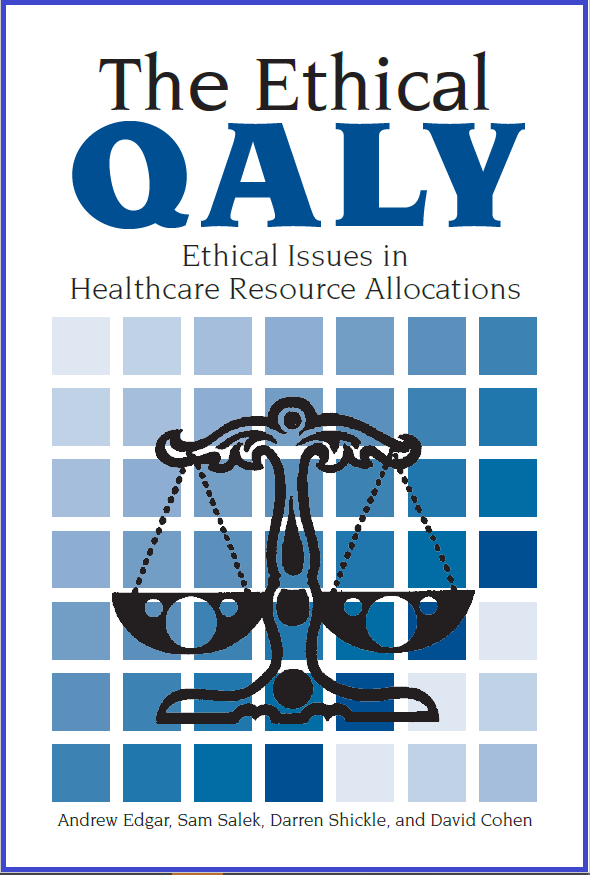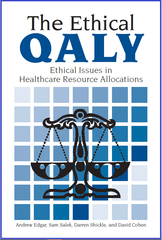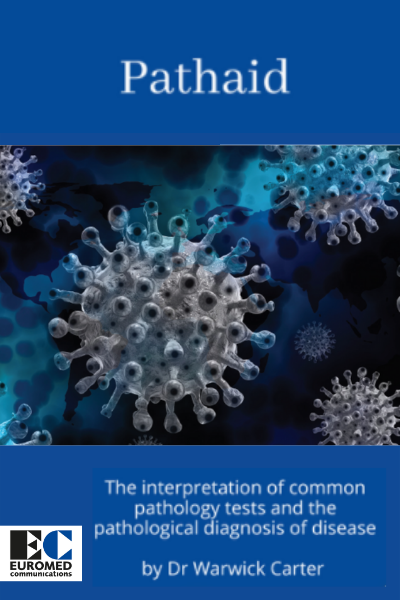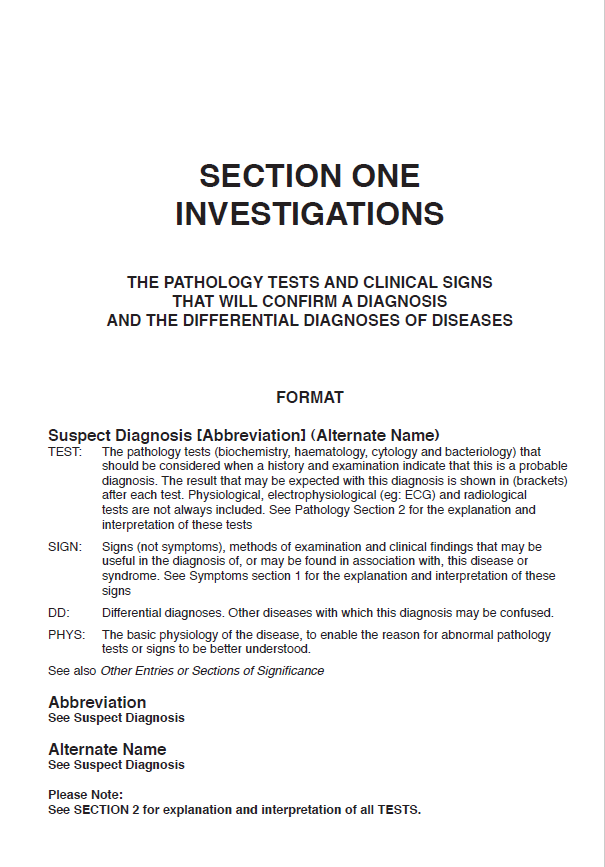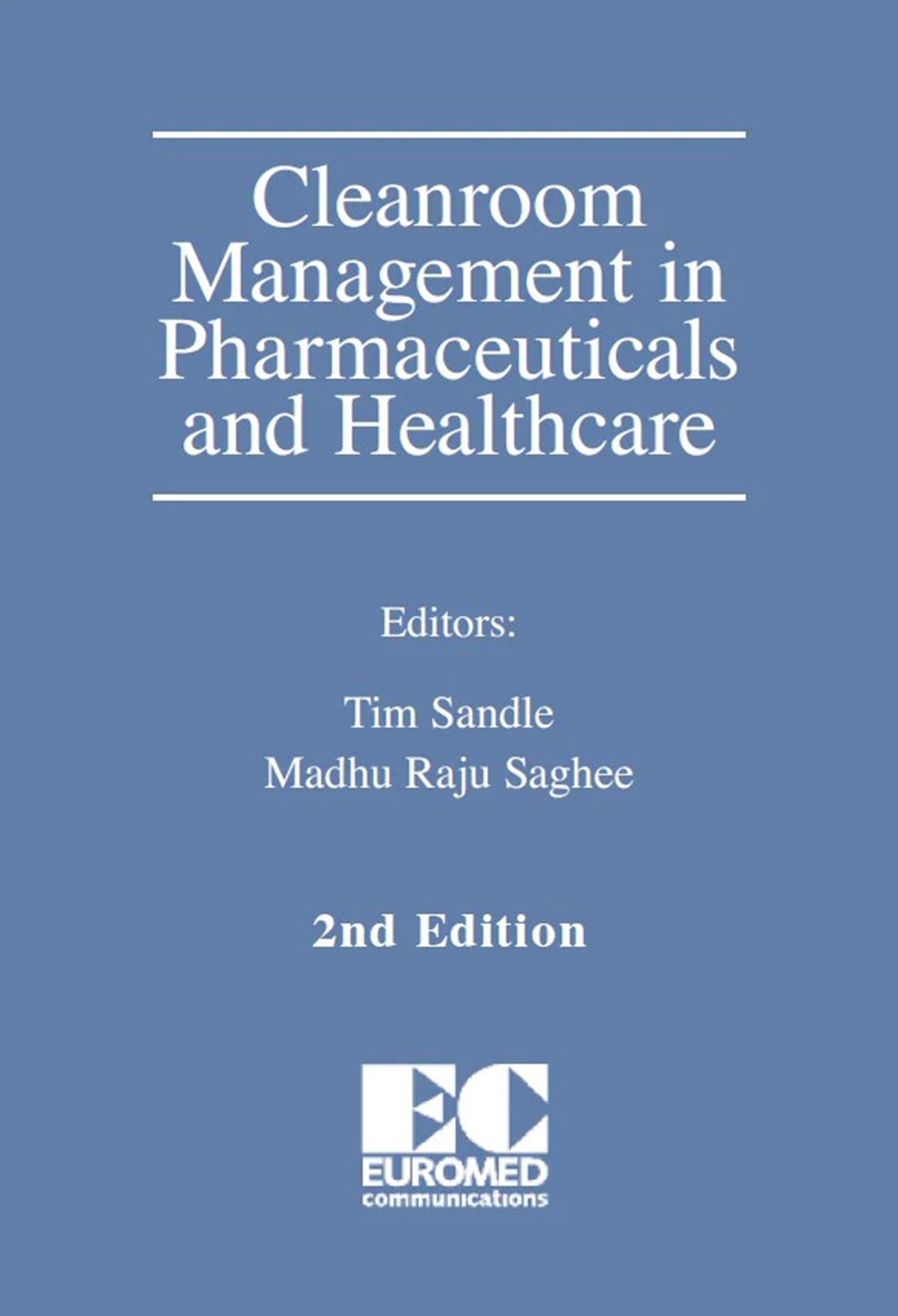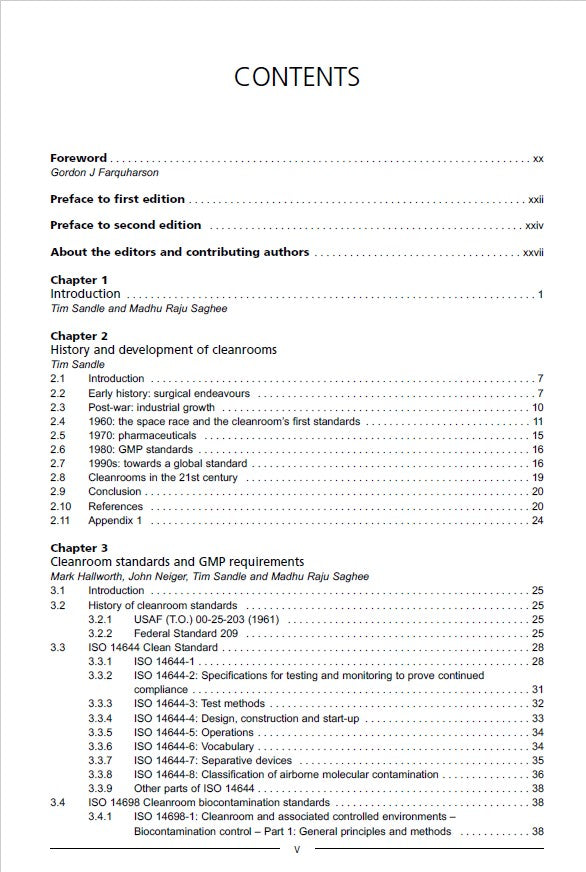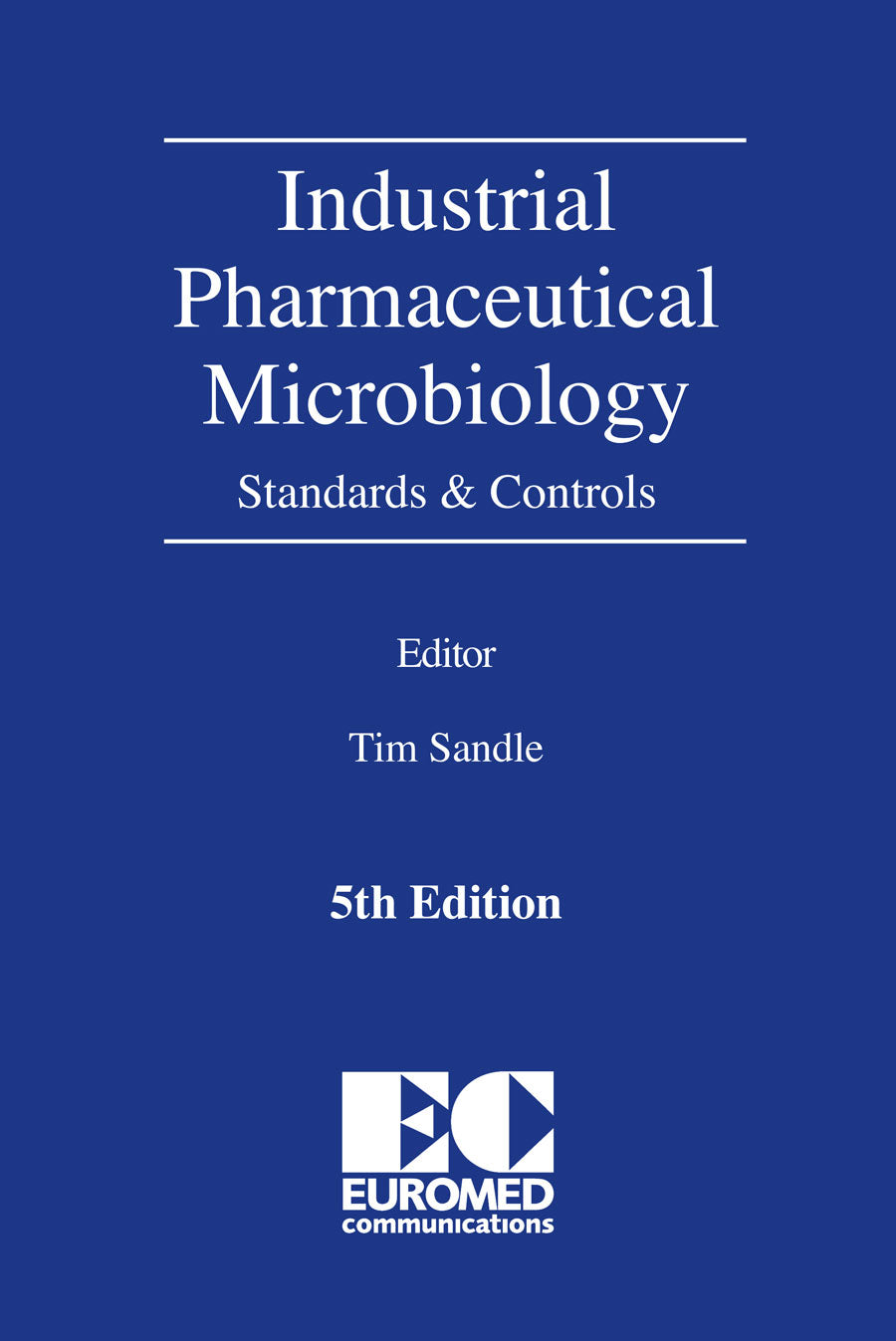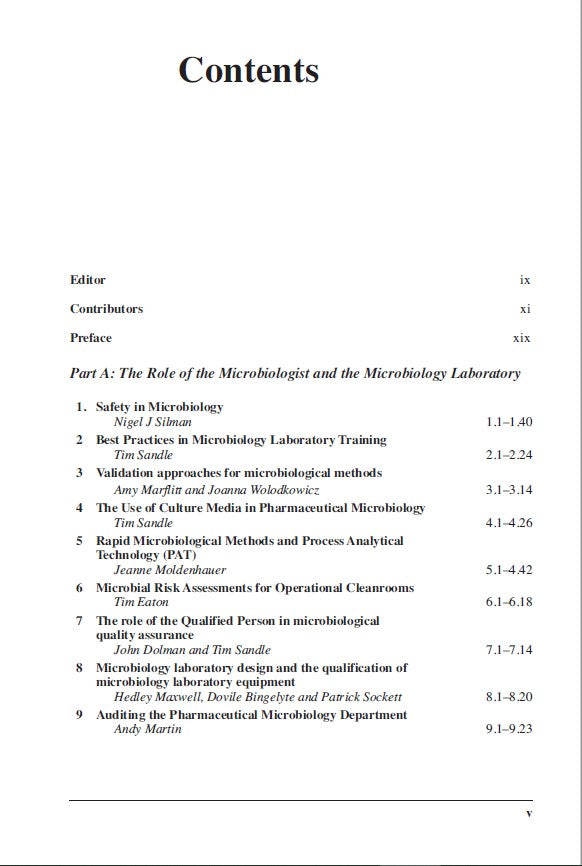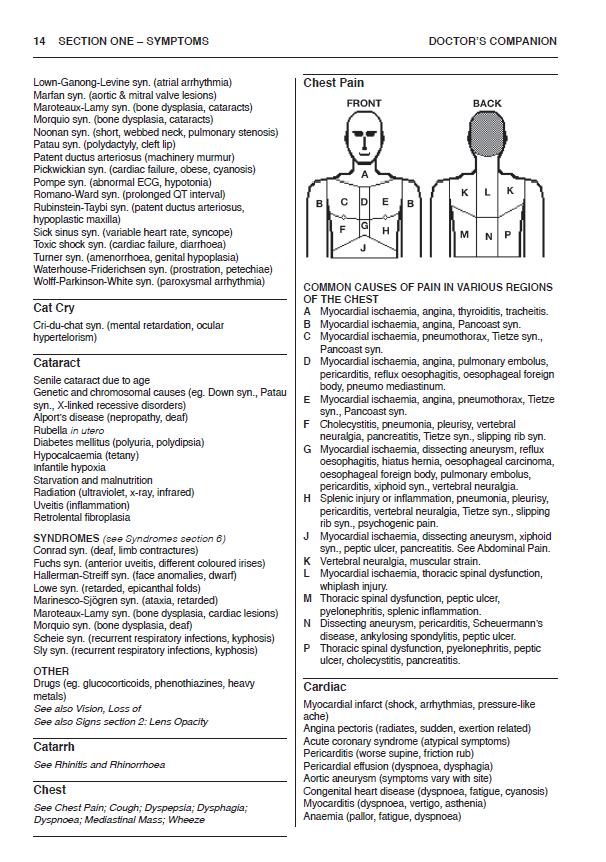The Ethical Qualy - Ethical Issues in Healthcare Resource Allocations
eBook version
by Andrew Edgar, Sam Salek, Darren Shickle, and David Cohen
This book is the final fruition of a research project into the allocation of healthcare
resources which was funded by the European Commission between 1993 and
1996, under its BIOMED and PECO programmes. The project, which was originally
conceived by Dr Ian Harvey and others working in the Centre for Applied Public
Health Medicine at the University of Wales College of Medicine sought to come to
terms with the complex problems of scarce healthcare resources, by examining the role that quality of life measures could play in allocating those resources. From the
first, the project was designed to bring together considerations of the technical
feasibility of using quality of life measures, with the issue of justice or moral
legitimacy of any such use.
The underlying question that the ‘Ethical QALY’ group debated repeatedly, albeit in different guises and in response to different particular issues was not simply whether the quality of life measures could be used in the planning and reform of a healthcare system, but whether they should be so used.
The objectives of the original project have been reproduced in Chapter 5 of this
book, alongside a summary of our response to each problem set. The reader might
indeed usefully begin by looking at these objectives. A brief introduction to the
general debate over QALYs is not, however, out of place. The concept of the ‘Quality
Adjusted Life Year’ or QALY was developed by health economists to refer to a
comparative measure of a person’s health, and thus a means to assess the outcome
of medical care. Strictly, the ‘QALY’ is a specific, and rather unrefined version, of a
quality of life measure. However, ‘QALY’ has taken on the connotations of a generic
term, and we use it here in that inclusive sense, to refer to the whole family of
quality of life indicators.) A crude measure of the success or outcome of healthcare
would be the extra years that a particular medical treatment adds, on average, to
the life of the patient. Such measures can be valuable but are insensitive to the
condition of the patient before and after treatment (and are indeed a poor measure
of the success of treatments that seek to improve a patient’s health, without
necessarily thereby extending his or her life). The QALY, therefore, attempts to take
account of the health state of the patient, by adjusting the value of the number of
years the patient survives, according to how healthy he or she is before and after
treatment.

